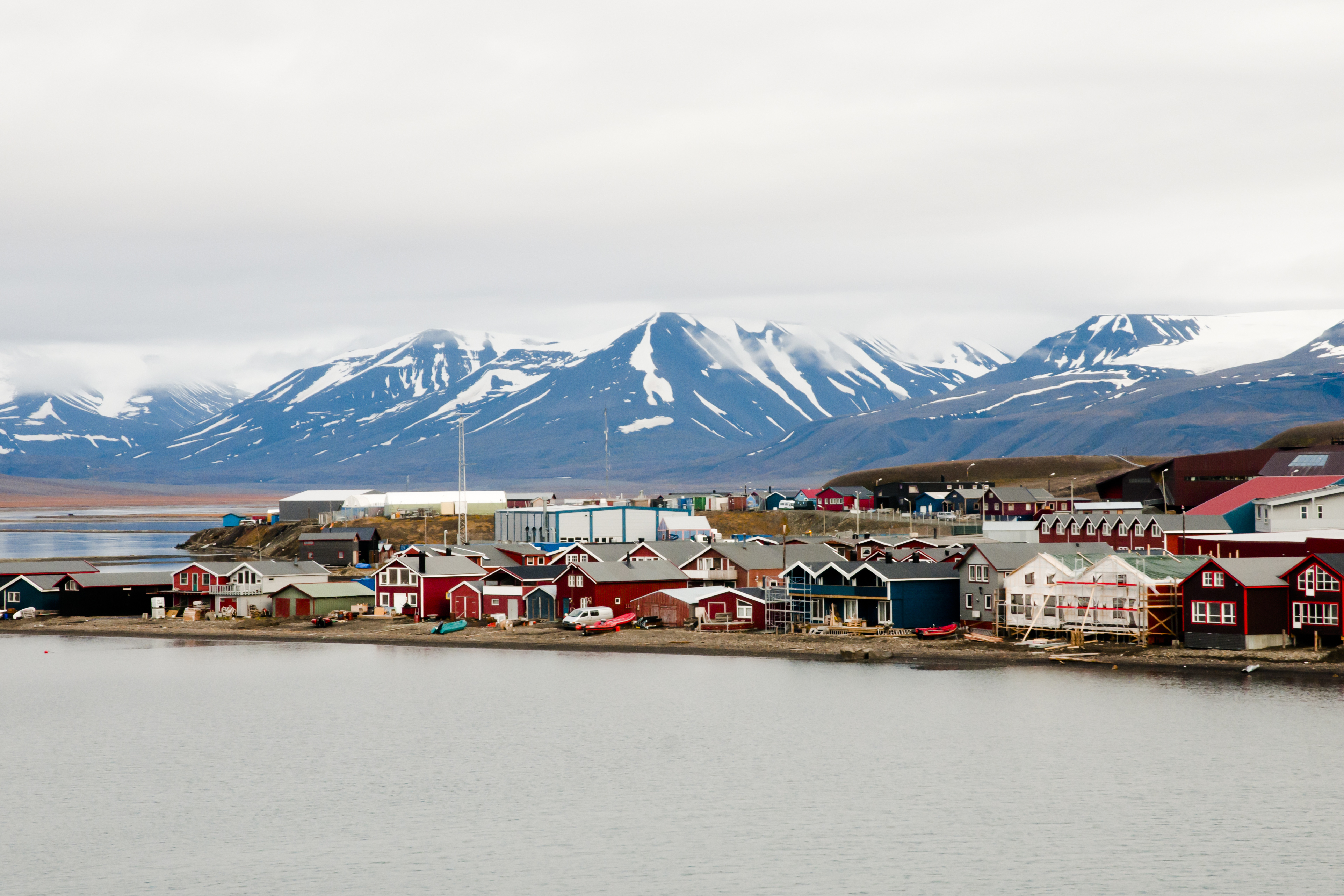Russia views NATO plans to hold meeting on Svalbard as ‘provocative policy’

Russia’s Ministry of Foreign Affairs consider NATO’s Parliamentary Assembly’s next gathering, which will take place on Svalbard between May 8 and 10, as a provocative action.
As High North News reported a month ago, 80 to 100 NATO politicians – among others – will meet in Longyearbyen in May to discuss the security policy situation.
The NATO Parliamentary Assembly is an international organization for parliamentarians from NATO’s member countries, and it has its headquarters in Brussels.
In addition to discussing geo- and security policy, there will also be discussions about environmental questions, and several external speakers have been invited.
“In the context of NATO’s current policy of ‘containing’ Russia, accompanied by unprecedented military preparations near the borders of our country, the attempts to bring Spitsbergen under the wing of this military-political bloc and to hold its meetings there are at odds with the spirit of the 1920 Treaty. We consider this to be a provocative policy,” the ministry said in a comment released by the Information and Press Department on the planned meeting.
No need for NATO participation?
In connection with media reports on the plans to hold a meeting of the NATO Parliamentary Assembly on Spitsbergen in May, the ministry believed it was necessary to make the following statement, the comment reads.
“Russia operates based on the premise that all the states that are party to the Spitsbergen Treaty of 1920 should be interested in ensuring that Spitsbergen remains an archipelago of peace and neighborliness.”
”We also took note of the fact that the agenda of the seminar includes, among other things, discussing how geopolitics and the future of the Arctic are interconnected. We strongly believe that there are no problems in the Arctic region that require NATO participation to solve, let alone militarily. The escalation of tension is not in the long-term interests of the countries of Northern Europe and weakens, rather than strengthens, their security,” the statement says.
Strained relationship
Since the sanctions toward Russia were introduced, there has been a strained relationship between Norway and Russia about the practicing of the Svalbard policy.
This was clearly demonstrated when the Russian Deputy Prime Minister Dmitrij Rogozin made a stop-over in Longyearbyen on his way to the North Pole. Rogozin was on the EU’s, and thereby also on Norway’s, sanction list.
From the Norwegian side, it was argued that these sanctions apply to Svalbard as well.
The Russians, however, argue that the Svalbard Treaty secures free access to Svalbard for citizens of all parties to the treaty.
The Svalbard Treaty also regulates all military activity on the Svalbard archipelago. In the Norwegian translation of the treaty it reads that one “cannot exploit the area for war purposes.”
The Russians, on their side, argue that the treaty’s chapter places a ban on all military activity on Svalbard.
Lavrov raised the issue in Arkhangelsk
Norwegian foreign minister Børge Brende made his first official trip to Russia just three weeks ago, after being invited to the conference “The Arctic – Territory of Dialogue International Forum” in Arkhangelsk. During the visit Brende and Russian foreign minister Sergej Lavrov had a bilateral meeting.
Although Brende described the meeting as a good one, the Norwegian foreign minister made no secret of there having been disagreements between the two.
Sergej Lavrov amongst others raised the issue of Norwegian Svalbard policy, following the Russian Deputy Prime Minister Dmitry Rogozin’s being denied access to Svalbard in 2015. The fact that Lavrov chose to raise this issue with Børge Brende goes to prove that Russia still disagrees with the Norwegian way of practicing the Svalbard Treaty.